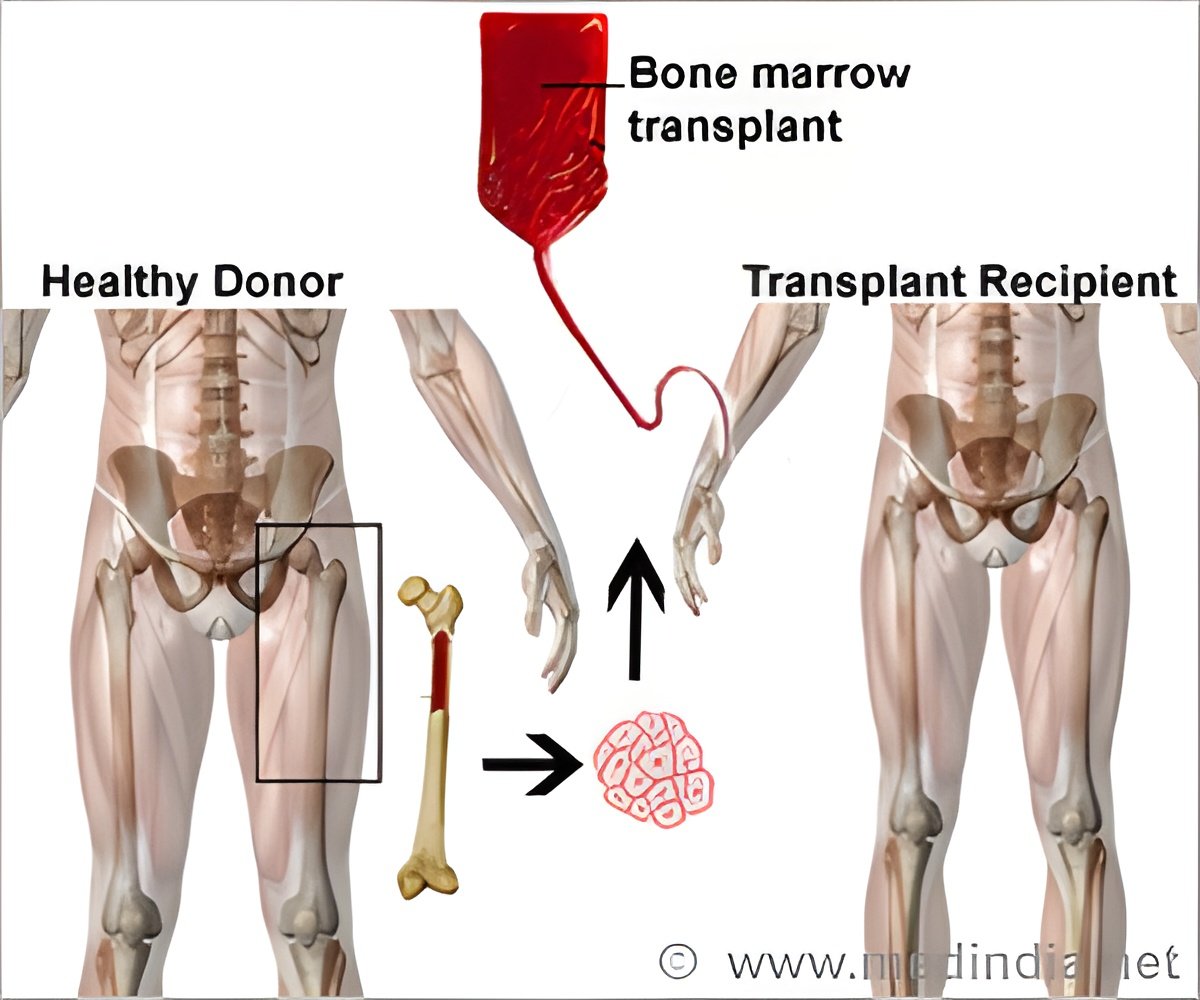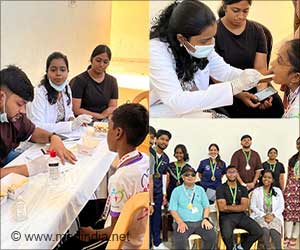
‘In mice that had not undergone radiation, all stem cells contributed equally to the blood and immune systems, with the exception of T cells, suggesting that the preconditioning regimen used to ensure successful transplantation is the source of the abnormal cell behavior.’
Tweet it Now
The findings appeared in Proceedings of the National Academy of the Sciences (PNAS). "Our research has important implications for understanding and optimizing bone marrow transplants and certain types of gene therapy," said lead researcher and co-corresponding author Rong Lu, assistant professor of stem cell biology and regenerative medicine at USC. The other co-corresponding author is Irving Weissman, director of the Stanford Institute for Stem Cell Biology and Regenerative Medicine.
In a series of experiments, scientists learned that when transplanted into an irradiated mouse, only a very small minority of the stem cells produce blood and immune cells, while many other stem cells become dormant and do nothing. In addition, post-radiation, this handful of "super producer" stem cells also become biased towards producing only certain types of immune cells. However, the overall blood and immune system, still tends to remain balanced.
Source-Eurekalert














